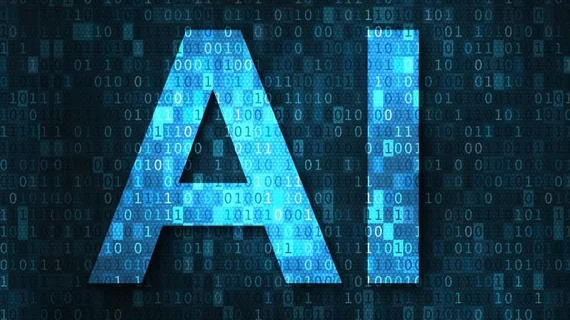Leading radiology, healthcare groups announce machine learning challenge for detecting COVID-19
A trio of leading radiology and healthcare organizations are banding together to launch a machine learning challenge focused on detecting COVID-19 pneumonia, the groups announced Monday.
The COVID-19 Detection and Localization challenge kicked off May 17, one week before the Society for Imaging Informatics in Medicine Annual Meeting, May 24-27. SIIM is hosting the contest along with the Radiological Society of North America and the Foundation for the Promotion of Health and Biomedical Research of Valencia Region (FISABIO), a nonprofit group promoting health research along Spain’s east coast.
Participants will be tasked with using public chest radiograph datasets to develop high-quality computer vision models to detect and localize COVID-19 pneumonia. Each of the three organizations will aid in deploying the winning algorithm into clinical use to help doctors treat patients with the virus.
“As the COVID-19 pandemic continues to impact our lives, there is potential for artificial intelligence-based solutions to help front-line clinicians across the world in managing COVID-19 patients, whether it is facilitating diagnosis, affecting treatment decisions or prognosticating outcomes," Paras Lakhani, MD, SIIM Machine Learning Steering Committee member, annotation project lead, and associate radiology professor at Thomas Jefferson University Hospital, said May 17.
SIIM’s Corporate Impact Partners, Hewlett Packard and Intel, are providing $100,000 in prizes and the winners will be presented September 19-20 at the 2021 Conference on Machine Intelligence in Medical Imaging.

